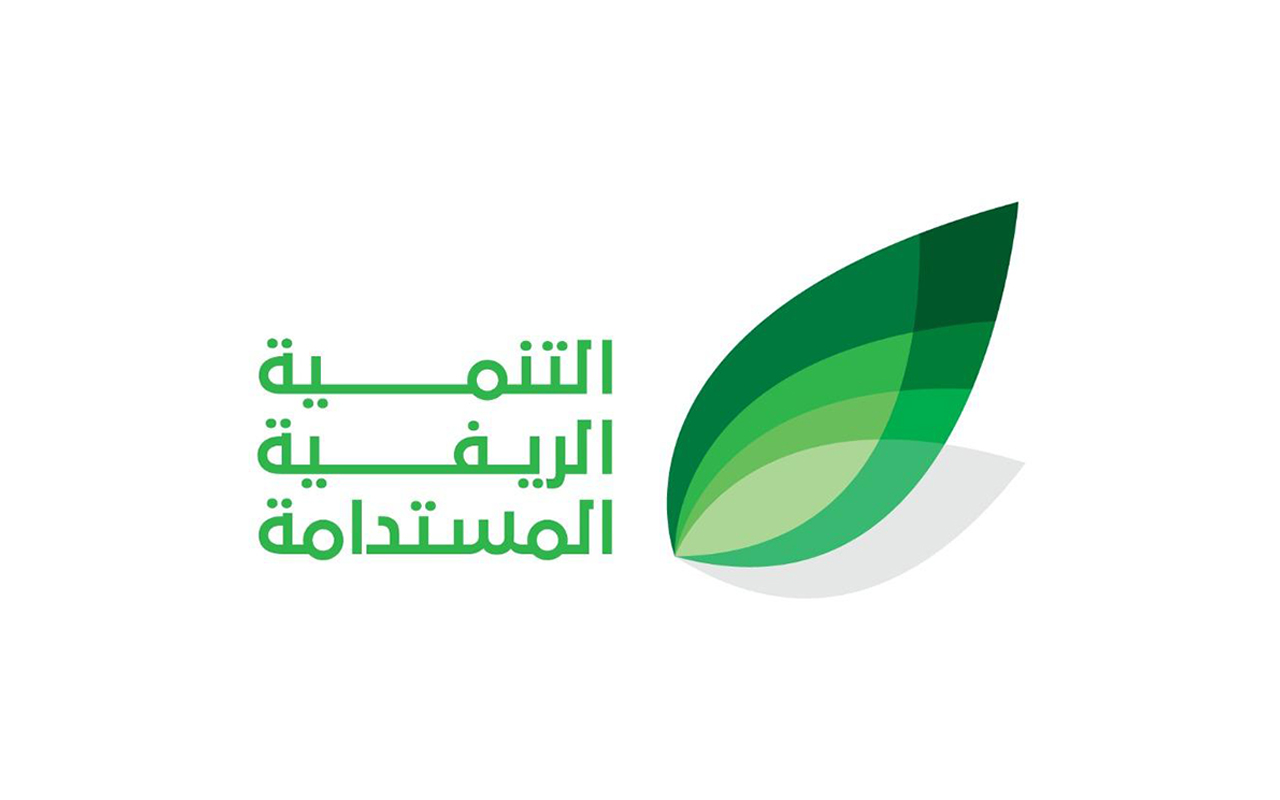Sustainable Agricultural Rural Development Program
The Sustainable Agricultural Rural Development Program, REEF, is a Saudi government development financing program, inaugurated by the Custodian of the Two Holy Mosques, King Salman Bin Abdulaziz Al Saud, on January 9, 2019. Organizationally linked to the Ministry of Environment, Water, and Agriculture, it aims to achieve balanced economic and social development among various segments of society. This is achieved through the optimal and sustainable utilization of natural, agricultural, and renewable water resources in the Kingdom of Saudi Arabia.
The Role of the Sustainable Agricultural Rural Development Program
The Agricultural Development Fund offers financing loans and credit products to small-scale farmers, livestock breeders, beekeepers, honey producers, fishermen, and agricultural cooperative societies. This is to utilize available agricultural natural resources, ensure their efficient use, and improve the income of small farmers and breeders, in addition to increasing the economic value of the agricultural sector.
The Saudi government has allocated an amount of SAR8.75 billion for the program during its first phase extending until 2025, in addition to SAR3 billion provided by the Agricultural Development Fund.
Development of the Sustainable Agricultural Rural Development Program
The Ministry of Environment, Water, and Agriculture, in cooperation with the United Nations Food and Agriculture Organization (FAO), has developed the Sustainable Agricultural Rural Development Program in the Kingdom. The aim is to exploit and invest in available opportunities and resources, in addition to harnessing and benefiting from natural resources, agricultural potential, and population in regions.
The program has several objectives, including empowering small-scale producers in agriculture, livestock breeding, fish farming, and fishing, in addition to beekeeping and honey production. The program will work on exploiting and investing in available opportunities and resources to diversify the agricultural production base in rural areas, improve the income level of small farmers, provide job opportunities, and contribute to food security, and balanced development.
Sectors of the Sustainable Agricultural Rural Development Program
The program has eight sectors: production, processing, and marketing of Arabic coffee; beekeeping and honey production; development of rose and aromatic plants farming; production, processing, and marketing of fruit; enhancement of the capabilities of small-scale fishermen and fish farmers; development of the small livestock breeding sector; cultivation of rain-fed crops like sorghum, sesame, and millet; and enhancement of the added value of small farms and their agricultural activities.
The first phase of the Sustainable Agricultural Rural Development Program
During its first phase until 2025, the Sustainable Agricultural Rural Development Program works to achieve food security in the Kingdom by providing 43 percent of the total food energy needs for the inhabitants of the targeted areas, and about 19 percent of the Kingdom's total needs. In addition to ensuring easy access to healthy food and providing stable food supplies, the program will also contribute to increasing the participation rate of women in the Saudi job market, in accordance with the targets of Saudi Vision 2030.
To apply global models in agricultural rural development, the Ministry of Environment, Water, and Agriculture collaborates with nine related entities: the Ministry of Municipalities and Housing; the Ministry of Human Resources and Social Development; the emirates of provinces; the Small and Medium Enterprises General Authority; the Cooperative Societies Council; agricultural committees in the Chambers of Commerce; small-scale agricultural producers; and agriculture colleges in the Kingdom's universities; in addition to the United Nations Food and Agriculture Organization (FAO) as a consulting entity that monitors the program.
